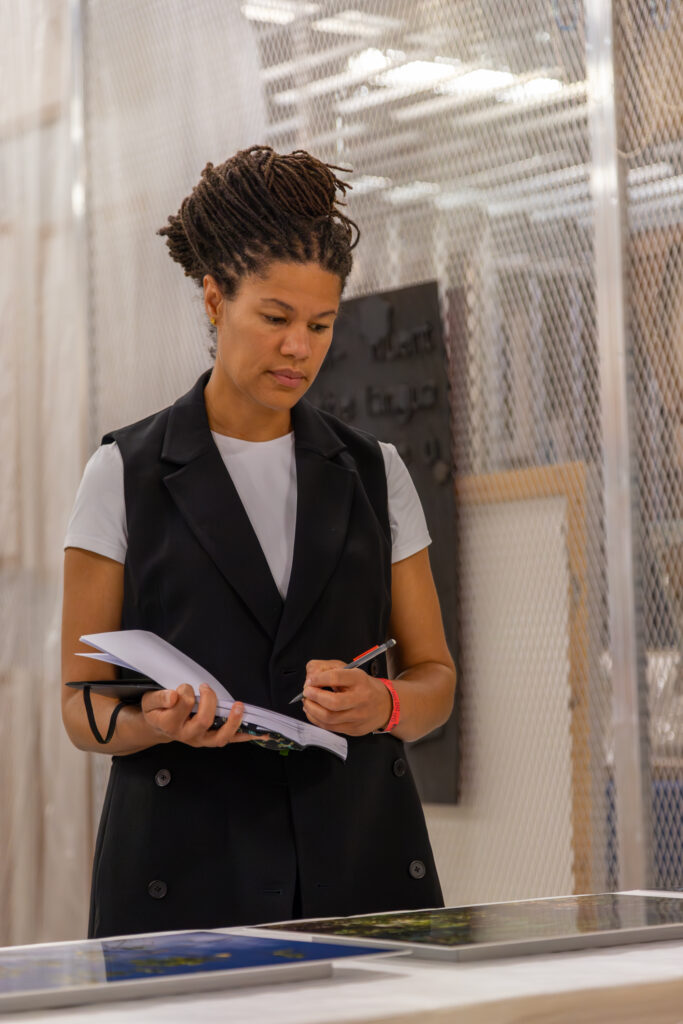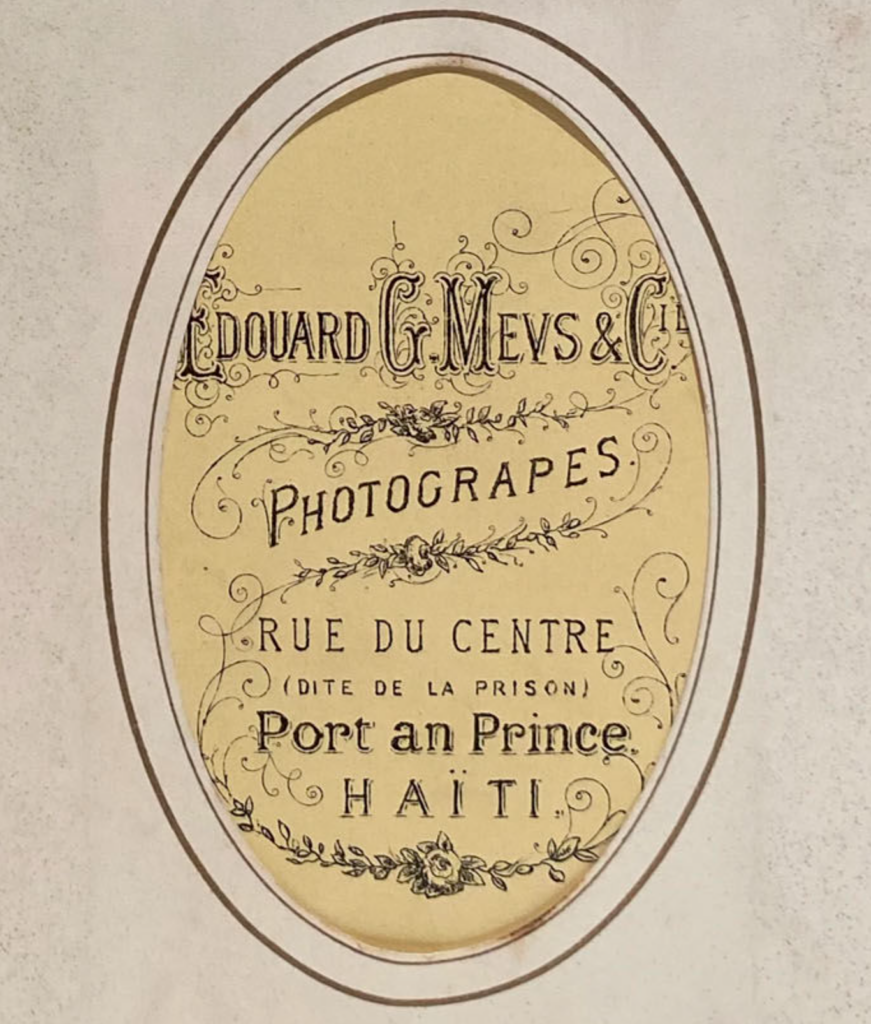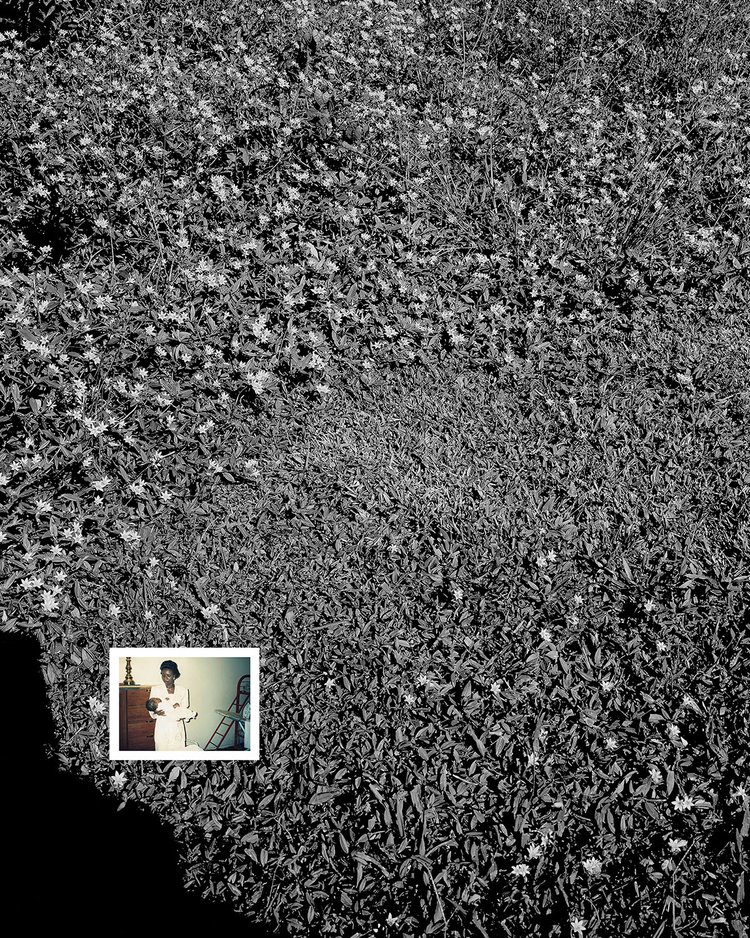
Miami-based photographer Maggie Steber gifts her listeners with an adage, one that resonates with photography’s sweeping force: “You don’t choose Haiti. Haiti chooses you. . . . Haiti chooses you because you have lessons to learn.” With a foresight that evokes Steber’s words, Emilie Boone explores how Haiti and its history of photography illuminate the nature of photography’s impact on various interlocutors across time. In addition to a consideration of historical case studies, she asks, What can contemporary artists teach us about photography and Haiti? And, in relation, What is misunderstood about Haiti and photography when these sources remain overlooked? Recent portraits, multimedia works, and curatorial projects related to Haiti highlight the complexity of photography’s role within the contours of the country’s broader history and in contemporary moments when its absence is as influential as its presence. As part of her CCI Research Fellowship, Boone will also be studying some contemporary lens-based works from PAMM’s Caribbean Art Collection.
Emilie Boone is an assistant professor of African American/African Diaspora Arts in the Department of Art History at New York University. She researches and teaches the art and visual culture of the African diaspora with a focus on vernacular photography and global encounters. She is author of A Nimble Arc: James Van Der Zee and Photography (Duke University Press, 2023). Her research appears in the first comprehensive publications on the history of Haitian photography and the Ghetto Biennale in Port-au-Prince as well as in museum catalogues published by UCLA, the Metropolitan Museum of Art, the Museum of Modern Art, and the Art Institute of Chicago.
Click here to read Emilie Boone’s essay “Where Hope for the Visual Artist Widline Cadet Resides.”


